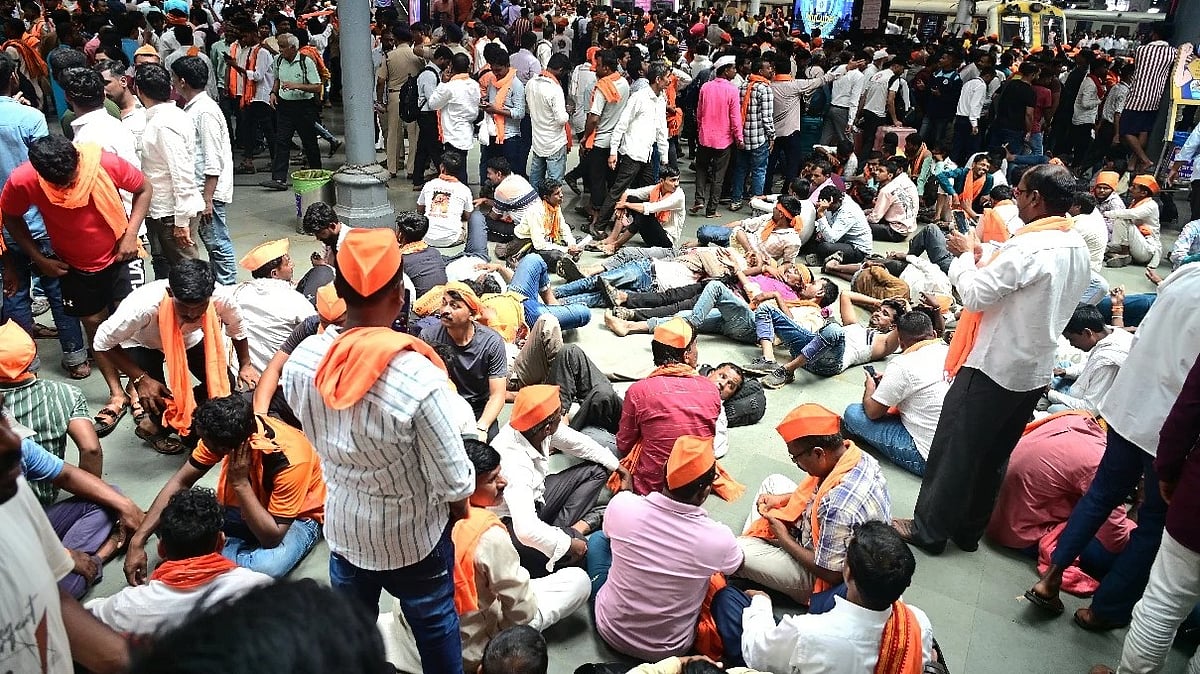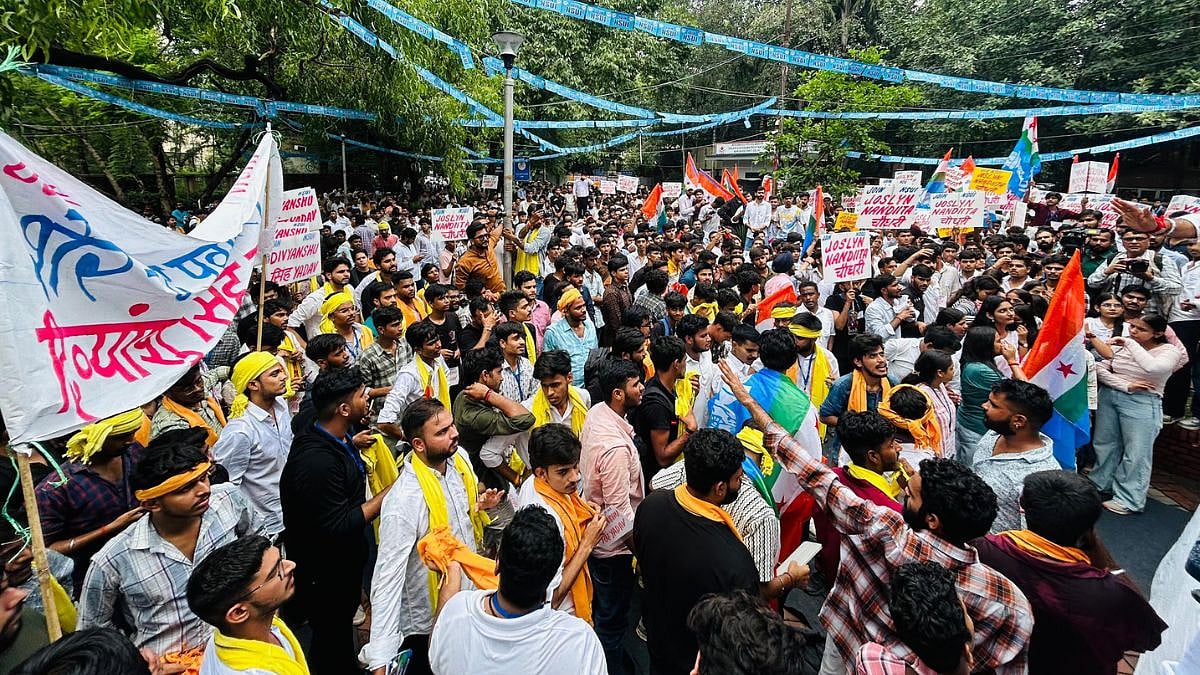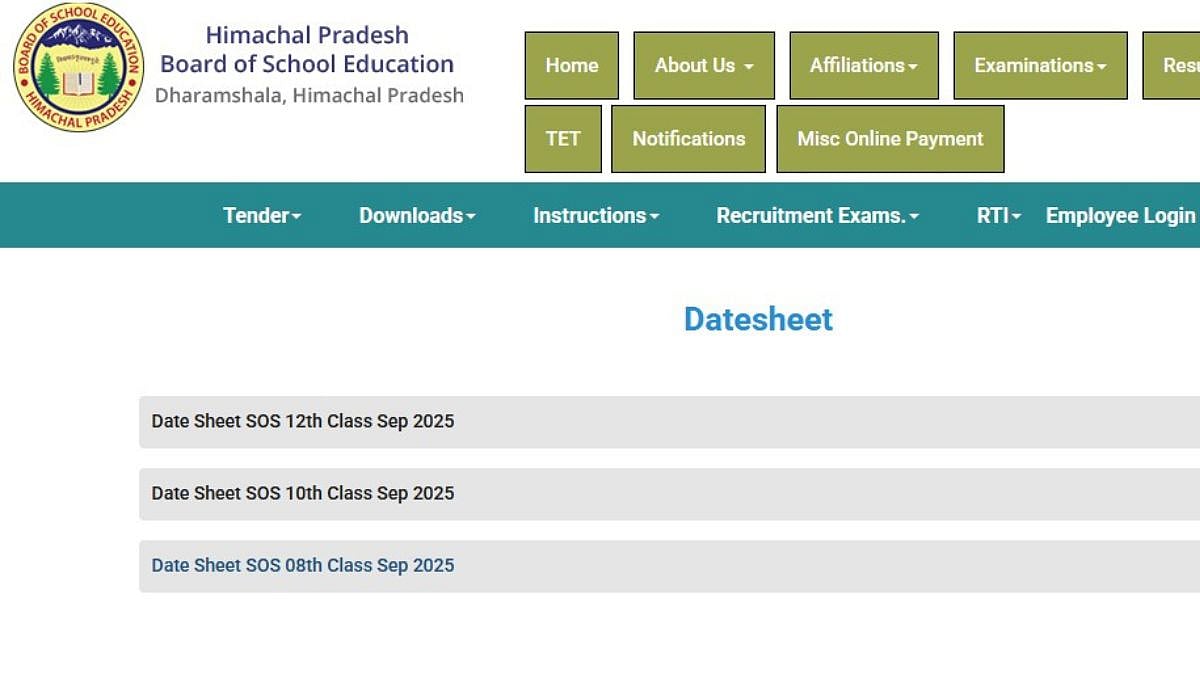Australia has been amongst the top 5 best places to study for international students since studying abroad became popular in the last 20 years. Due to its cost-effectiveness, the standard of education, modern lifestyle, proximity to India, vibrant international student scene, and English-speaking citizens, Australia seems like the perfect option for Indians planning to study abroad. The recent trade deal between India and Australia, makes Australia even more attractive for Indian students, especially if they have STEM backgrounds. Understanding Australian Higher Education from the point of view of international students, how COVID affected it, what to expect in the near future, and how you can use this foresight to your advantage is worth pondering.
Although there are only 43 universities in the country which is low compared to the USA, or UK, several highly ranked world-renowned universities are in Australia. You will find suitable choices in the most prominent courses like business management, architecture, engineering, computer science and IT. All bachelor’s degrees are 3 years in duration (4 years if it is with honours), masters courses are 1 to 2 years long, and Ph.D. courses generally take 3-4 years to be completed. As English is the most common language spoken in the country, Indian students adjust well. During full time study, work opportunities are also available for students for up to 40 hours every two weeks (currently the rules have been temporarily relaxed and students are allowed to work more than 40 hours). You are also at liberty to be a full-time, part-time, or casual employee in any organisation.
The COVID-19 pandemic was handled efficiently by the Australian government, enabling students with the confidence to continue pursuing higher education in the country. Research from the University of Melbourne related to the international student population in Australia and the trend following the pandemic highlighted that students from different countries would continue to be interested in studying in Australian universities but the number of students would take time to reach its old potential. This would be due to the preference for studying online but mostly because of the repeated occurrence of new waves of COVID-19 and its variants and the increased risks that came along with them. Prospective students preferred to study in their home countries, close to their family during such times, which made international travel challenging. Courses with laboratory or practice-based elements would see a decline in the future. Business and Commerce courses attracted the most international students in Australia in the past. These courses are amongst the best-ranked courses the country has to offer and because of their recent popularity in the world. Now due to the decline in the number of international students enrolling overall, such courses will see a somewhat reduced interest in the near future.
Despite fluctuating conditions, due to the pandemic, in the US and the UK, there is a clear resurgence in the number of students going back to those countries compared to Australia and there are a few reasons for this phenomenon. The US has the largest economy in the world and thus has better and bigger job opportunities for its International students. The US has thousands of universities to choose from each offering several niche courses while giving preference to STEM-based post-study work visas. Canada has similar eligibility and admission requirements to the US while also a large population of Indian origin. The UK introduced a new clause into their student visa program specifying that once the academic terms are over, students are allowed to stay in the UK for up to 2 years to find job opportunities. Despite Brexit, the UK can still open doors for students in the EU and other western countries in general as it has some of the oldest and highest-ranking universities.
So is Australia the right choice for you and will this trade deal make a difference? The answer depends on two factors-your subject major and the status of that industry in the Australian economy. If you choose a subject that you are interested in and is from a sought after field in Australia, you are on the right path. If, however, the industry for that subject is already overpopulated and not promising enough in the future, you may not find sustainable employment opportunities for it. The Australia-India Economic Cooperation and Trade Agreement (Ind-Aus ECTA) has stated that along with duty concessions offered for both countries, “Australia will offer around 1,00,000 post-study work visas to Indian students graduating from Australian universities from STEM-based courses.” This gives STEM pursuing Indian students a huge advantage and they would have a great chance of finding employment in Australia after they graduate. Even if you are a non-STEM student, you still get a 2 year work permit after completion of a Bachelor's degree, 3 years for a Masters degree and 4 years after a PhD. Students pursuing a Bachelor's degree in a STEM field who achieve first class grades with honours, get an extra year to work in Australia (total of 3 years).
Further the trade agreement ensures that there is mutual recognition of qualifications, licences, and registration procedures and will allow students to move back to India and not worry about their degree recognition or licensing to practice in various fields. The agreement also allows young Indians to take working holidays in Australia and experience life in Australia without spending too much money. The new trade deal between India and Australia will welcome many more Indian students to Australia and will help unlock the full potential of the education relationship between both countries.
(Dr. Karan Gupta is the current managing director of IE Business School - India and South Asia, founder of the Karan Gupta Education Foundation, and Education and Career Consultant for Karan Gupta Consulting. The writer is also an alumnus of Harvard Business School.)











